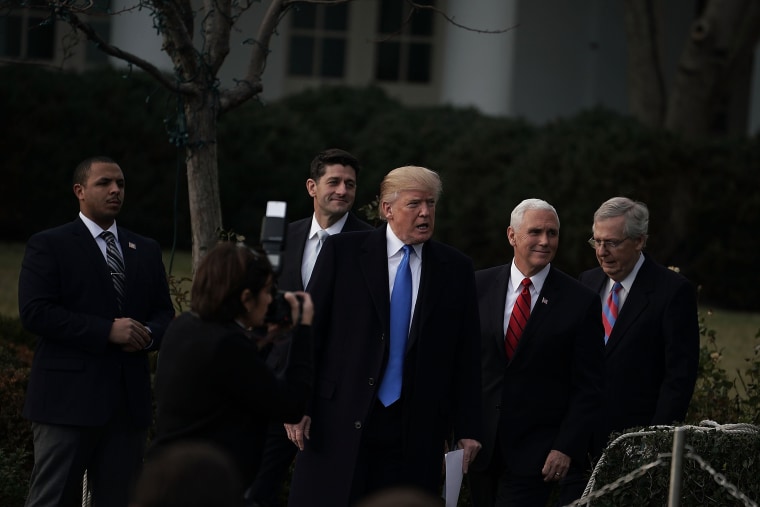Legal analysis
President Donald Trump's lawyers sent a letter Thursday to "Fire and Fury" author Michael Wolff and his publisher demanding that the book not be published or disseminated, and alleging, among other things, defamation and libel. The letter had no impact; the book was put on sale Friday.
Cease-and-desist letters are customarily a prelude to a lawsuit. But the president's cease-and-desist letter will likely not result in a lawsuit.
Cease-and-desist ("C&D") letters are common devices in defamation and intellectual property cases, and are exactly what they sound like. Once a person discovers an ongoing violation of their rights, that person sends a letter to the violator, identifying the unlawful actions and the rights violated. The letter demands the violator immediately stop, and refrain from, the complained-of activity.
There are policy reasons for encouraging C&D letters. They give fair warning that if the offending conduct continues it will be challenged in court, which ideally resolves the issue before a lawsuit is necessary.
In practice, because C&D letters are so inexpensive, they are often deployed by companies en masse as bluffs against smaller entities and individuals, most of whom would rather stop the conduct than risk lawsuits, verdicts and legal fees. C&D letters are often used by private companies, but government agencies may send them as well. In 2016, New York Attorney General Eric Schneiderman's office sent a cease-and-desist letter to the Donald J. Trump Foundation, alleging, among other things, that it lacked the licensing to raise money in New York state.
Still, a C&D letter sent by a sitting president alleging defamation of the holder of the most important public office in the world is unprecedented.
There's also the issue of whether the First Amendment would be violated if a government official sued to prevent publication of a book.
If the head of the executive branch were to sue a citizen seeking to stop the publication of a book or to suppress their speech, it would not necessarily result in unconstitutional "prior restraint." Prior restraint is government prohibition of speech before the speech is uttered or otherwise disseminated.
A judicial injunction that prohibits speech prior to a judicial determination that the speech is, in fact, defamatory — and therefore unprotected — constitutes a "prior restraint." Courts have traditionally refused to grant an injunction in such a situation.
However, once a court has made a final determination that the speech is defamatory, an injunction prohibiting the defamatory speech does not constitute an unconstitutional prior restraint on speech.
If Trump sued, he could sue for defamation; it might not amount to a prior restraint if the court ultimately pronounces the speech defamatory.
But Trump probably won't sue. The C&D letter is likely as far as he will go. It must be a bluff. Even if the president can file and maintain a tort lawsuit for defamation, it would be a strategic disaster to subject himself to the jurisdiction of the courts — assuming that he can do so.
Trump is absolutely immune from suits for damages for conduct that are part of the president's official duties. However, the Supreme Court in 1997 clarified that the president is not immune from civil litigation in federal court arising from pre-inauguration acts. As Steve Vladeck and Benjamin Wittes observed on Lawfare, the president might not be immune from civil liability post-inauguration, either.
That would have to be true if the president could file his own civil suit. It would feel fundamentally unfair if a sitting president sued for personal injury, but simultaneously claimed executive immunity from being countersued by the defendant.
It makes no difference. The real reason that Trump probably will never sue is this: Reciprocal discovery.
The discovery process is designed to enable the parties to uncover evidence from an adversary through the disclosure of documents and records, and can require sitting for a (transcribed) deposition. The rules are to be "liberally construed" to authorize "extremely broad" discovery. Parties to a lawsuit may force disclosure from the other side of any non-privileged matter that is relevant to any party's claim or defense.
If Trump did sue over the book or former adviser Steve Bannon's statements in the book, the discovery process of a lawsuit could result in ruin for both sides. Any defendant could get a court order for Trump to disclose virtually anything tangentially related to the lawsuit. It's not worth the risk.
A C&D letter, on the other hand, costs little and risks nothing. It was worth the try.
Danny Cevallos is an MSNBC legal analyst. Follow @CevallosLaw on Twitter.
